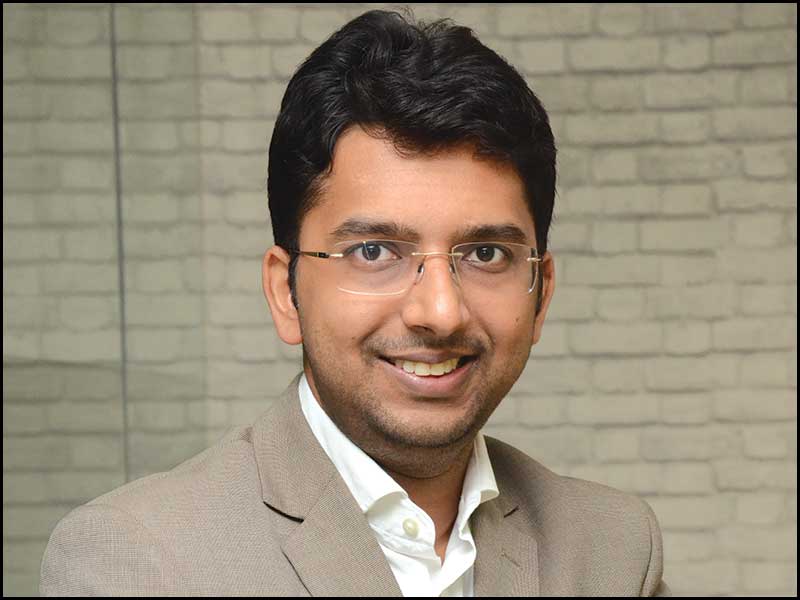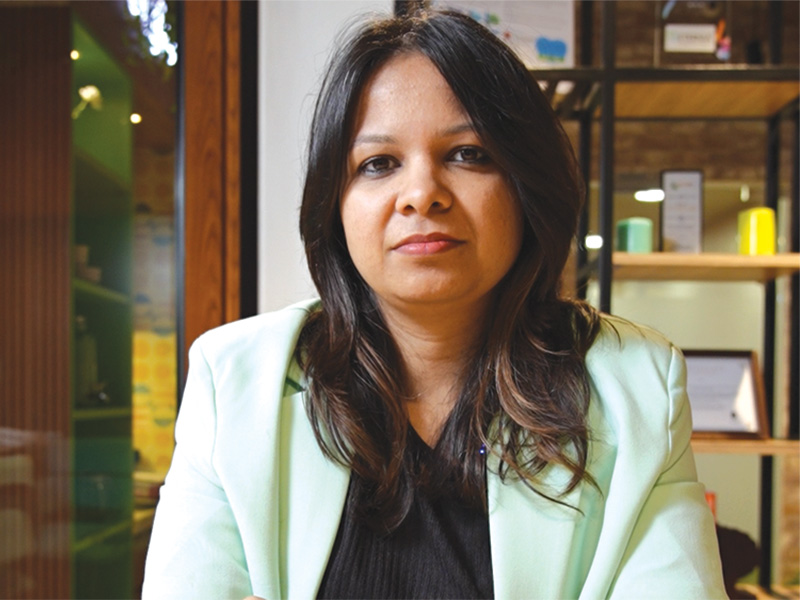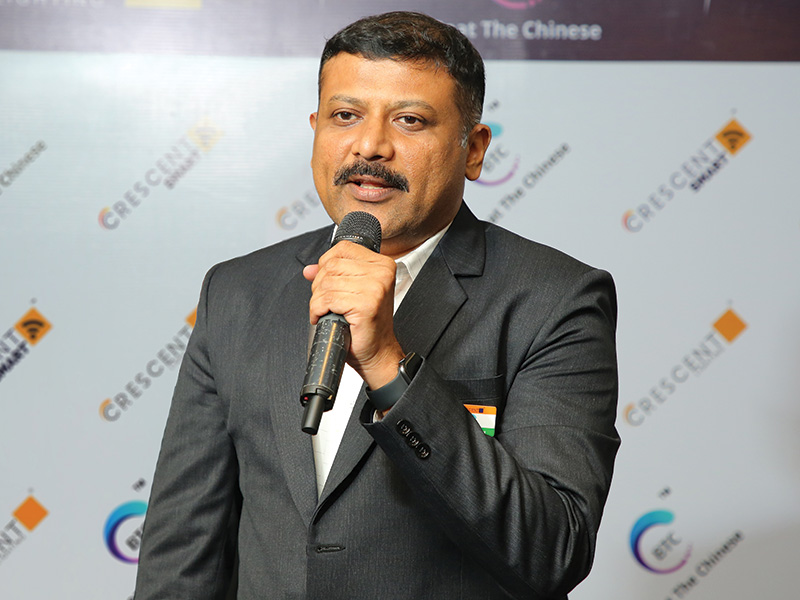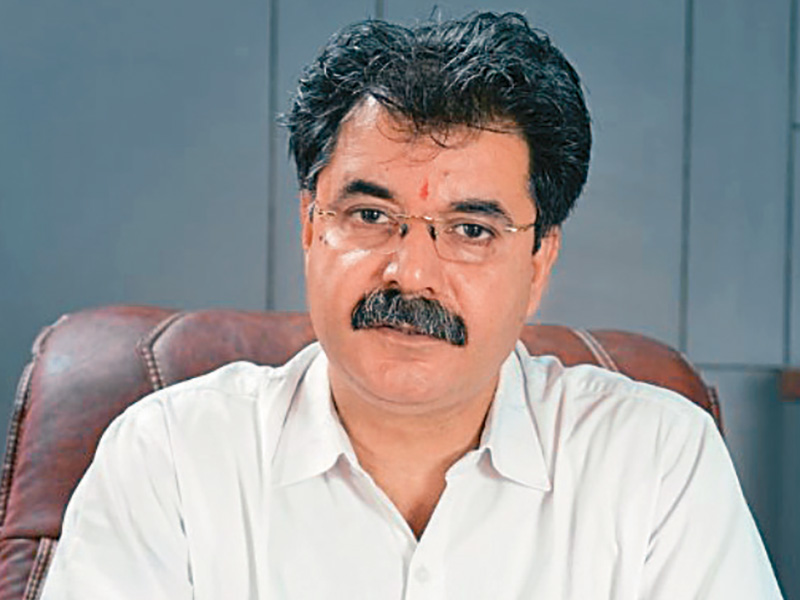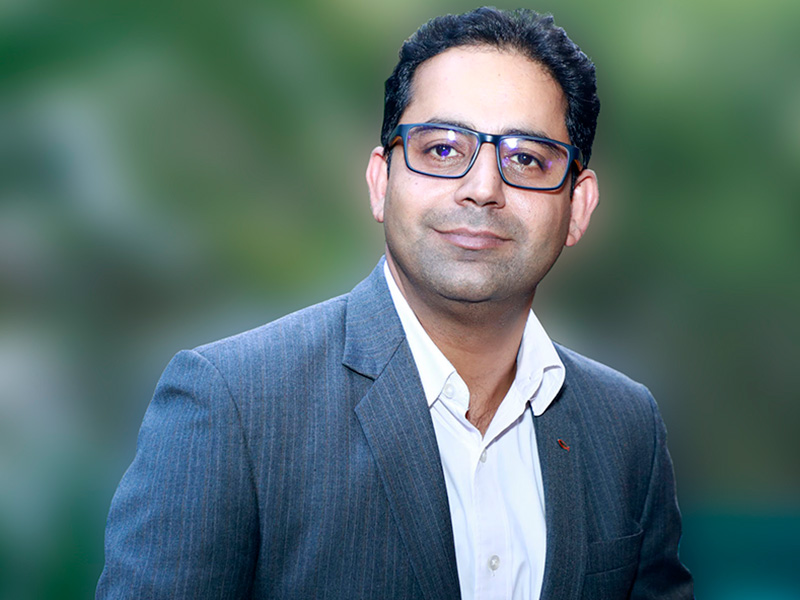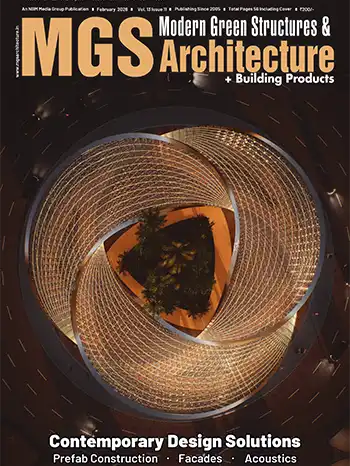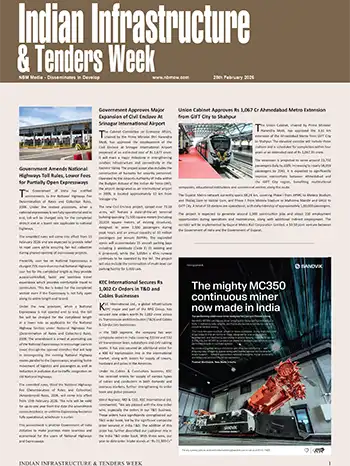
"The global glazing industry is at an interesting threshold; the concerted focus on global warming has put enormous pressure on sustainable architecture and the glazing industry needs to respond to this challenge through newer and innovative systems that would redefine 'energy-efficiency' in facades. These systems would require complex and highly-demanding solutions and manufacturing capabilities. At FG Glass, our competence and infrastructure is geared up to totally service these facades of the future." says Mr. Tariq Kachwala, Director, FG Glass Industries Pvt. Ltd. in his interview with MGS Architecture.
What is the latest trend and technological advancements that have been witnessed in the glazing industry of India?
The Indian facade glazing industry has witnessed advancements in technology and quality, much of it driven in the last decade only. Glazing has now moved from being perceived as a purely aesthetic architectural element to performing utilitarian functions in energy and sound control, besides creating a quick, cost-effective and durable building envelope. With the increasing popularity of unitized glazing system, glass, aluminum panels and other materials such as stone can be assembled in factories and simply installed at site as pre-fabricated panels resulting in high-quality, clean and fast installations.
Glass is an integral component of all modern glazings and plays a critical role in energy efficient and intelligent facades. Recent advances in heat-absorbing tinted substrates and spectrally-selective coatings (such as silver-based low-E coats) have vastly reduced the dependence on heating and cooling systems and simultaneously allow natural light inside the building, resulting in comfortable and vibrant office and home spaces.
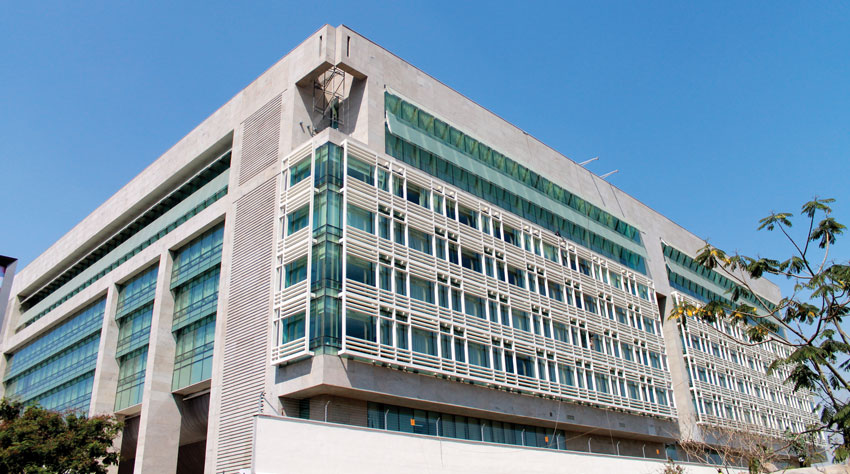
Gayatri Park Hyatt Hotel, Hyderabad
What are the opportunities and challenges in the sector?
The facades of the future will become more intelligent, with real-time adjustments to natural conditions for increased energy efficiencies and sustainability. These facades will encourage use of newer installation systems and techniques that adapt to weather changes and sun-path orientations. Newer glazing elements such as LED-embedded glasses, vacuum insulated panels for lower U-Values, higher-performing coatings and adaptive shading systems shall render the facades both functionally and aesthetically more effective.
However, these new techniques are highly cost-prohibitive and embracing them immediately might not be the preferred option considering the high payback times. Moreover, government regulations mandating use of energy-efficient facades are missing at this time and need to be immediately addressed.
With growing acceptance of green construction concepts, how has glazing fared in the Indian market? How would you correlate sustainability with your products and solutions?
There is an extremely positive impact on the awareness, availability and use of energy-efficient facades with the increasing popularity of the green building movement. Developers, architects and facade consultants are now compelled to specify glazing systems which are very highly opaque to infra-red radiations to ensure cooler interiors and correspondingly reduce the carbon footprint resulting from HVAC and lighting systems.
FG Glass has been at the forefront in promoting spectrally-selective glass concepts that meet or exceed the green building norms. With the increasing use of silver-based coatings and complicated glass assemblies, it is extremely important to have an infrastructure and technical support to manufacture and supply these advanced glass systems. Our equipment is capable of processing all newer coatings that have been introduced (with emissivities as low as 0.015). We also actively market green building principles to developers and architects and how glass influences the point system.
How mature is the market in terms of the understanding of the products and its proper usage? What is the role of your organization in imparting proper awareness/training to the architects/planners for the right application/installation of the glass or fittings?
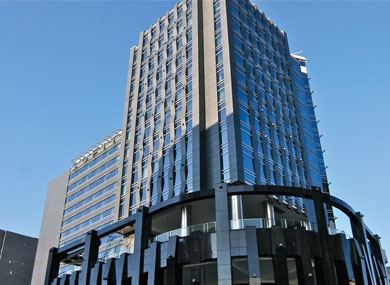
Sofitel Hotel, Mumbai
We typically involve ourselves with project architects at the concept and design stage and work towards an "outside-in" approach: select a facade system first and then calculate and design the utility loads for HVAC and lighting systems. This ensures perfect integration for the entire building module and prevents wasteful expenditure. We are also in the process of developing a tool that will guide users on the perfect building orientation taking into consideration the location, altitude and sun-path orientation and demonstrate the resulting savings by using the right orientation.
A word about FG Glass.
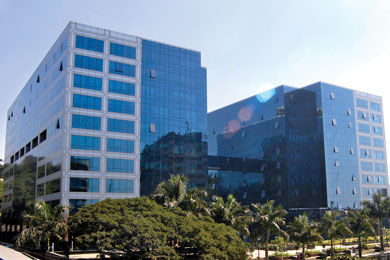
L&T Headquarters, Mumbai
FG Glass is the processing division of the Fishfa Group, one of India's oldest and largest glass corporations. Servicing the glass industry for more than 40 years, the group today boasts of multiple warehousing and manufacturing facilities in Western India and employs more than 400 people.
Their product offering spans flat-and-bend heat-treated glasses, ceramic- printed glasses, insulated glasses, laminated glasses, bullet and blast-resistant glasses, sound-insulated glasses, fire-rated glasses and a host of other specialty glass products.






